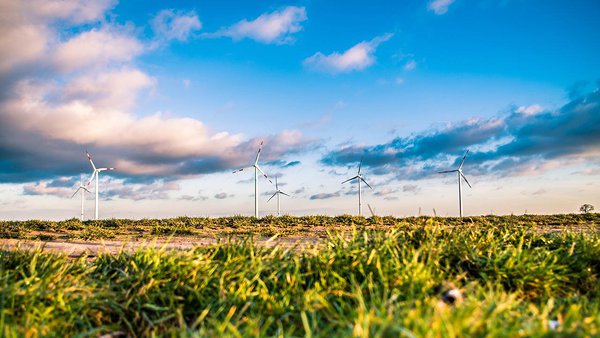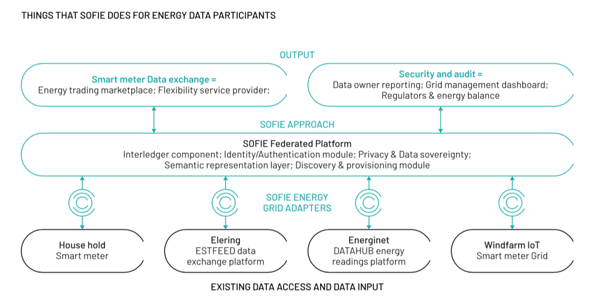A liberated energy market where data owner calls the shots
The energy market of today
Energy is a vital part of our everyday life. We usually don’t even notice the effort it takes to supply us with the energy service that supports our life at home, work, on vacation and everywhere we go. 40 years ago, it was all about how to produce more energy in a cheaper way so that the ever-growing need for energy could be satisfied.
Nowadays, there are additional aspects that affect the energy networks’ operations and providing the service. Many of those more important than a cheap price. For example, the eco friendly aspect of energy that provides a lower carbon footprint has become a crucial aspect. What is more, the security and privacy issues have arisen and need to be tackled with in energy production and distribution.
Additionally, the legal and regulatory measures of EU send a clear message to emphasise and envision a new path for energy market:- The EU Clean energy package that aims at protecting the rights of consumers to receive easy and free access to data on real-time and historical energy consumption".
- The EU Smart Grids and meters initiative that aims at advising EU how to develop the energy market in coming years and uptake of smart grids and meters.
- GDPR that aims at regulating EU citizens’ rights to protect their personal data.
Nevertheless, we are not even close with the clean and safe energy industry where customers can choose who they buy their energy from. The countries’ energy networks are still stand-alone systems where open energy bidding and services are blocked by the data access, high integration cost or just simple but strict regulations.
In SOFIE project the “Energy data exchange pilot” we have taken the approach where data owner, if interested, can select a service provider. We will fill the technical gap and provide the necessary means, so that no matter what country one is living in or what energy systems are in place, seamless access to data with a few clicks will be assured.
The change that needs to happen
With the common goal in Europe that more energy (actually 50% of all production by year 2050) should be produced from renewable energy sources (solar, wind, hydro), it is clear that households and smaller energy production facilities will replace the current centralized production plants. This essentially means that a more efficient way of accounting and trading of energy resources needs to be offered. In simple terms, sometimes a citizen has solar and wind energy but other times not. Currently the energy demand does not match this situation. Because in the case described, the citizen should be able to trade in order to have a stable energy service.Thus, one of the key elements and technical challenges in the decentralized energy data exchange pilot is to make the data owners reachable for the energy service providers and vice versa, so as to provide relevant list of services to the data owner to choose from.
How SOFIE can make the change happen
In the energy data exchange pilot, we use blockchain technology and create SOFIE adapters that can be installed in each participants premises for seamless data exchange with the control button being in data owners’ hand. The secure authentication and control in mobile device for each data owner, dashboards for the data owner, service providers’ premises are the tools that can be used to make it all work.The workflow can be seen in this diagram (pilot general picture), where SOFIE adapters connect each data owner to potential trader in the marketplace or directly to energy service provider. This is the starting point for anybody who is interested to buy, sell energy and give their contribution to the energy revolution while preserving the privacy and option to choose who you trade and deal with.
The solution that SOFIE offers, e.g. a possibility to support energy flexibility services coming to market with access to data and new dynamics, will have an enormous impact for energy sector. In the future, instead of having a fixed energy bill from a large energy producer, the purchase and production is decentralized, following the demand and production dynamics flexibly.
Photos by Pixabay


